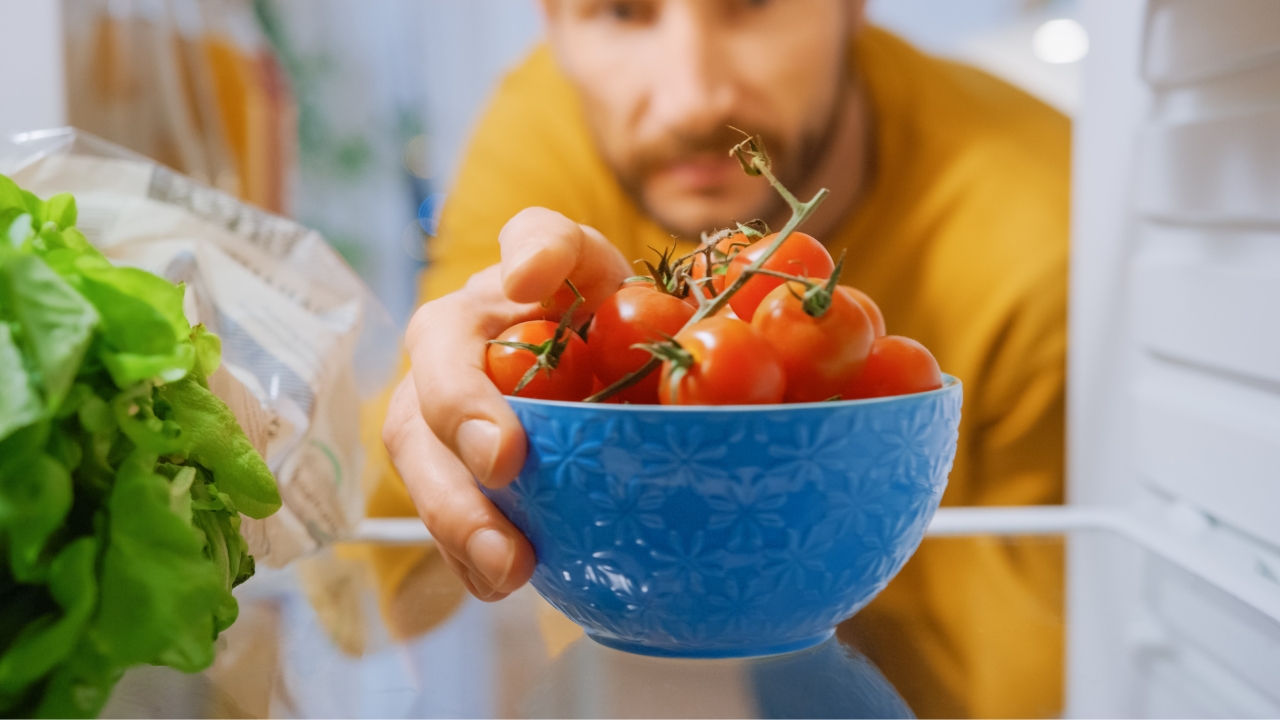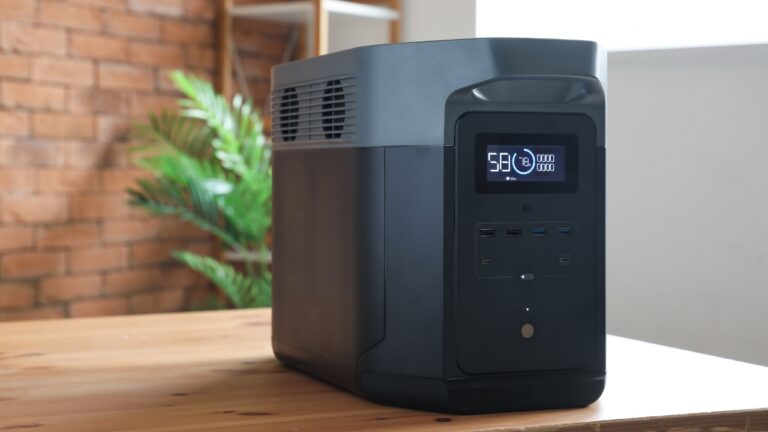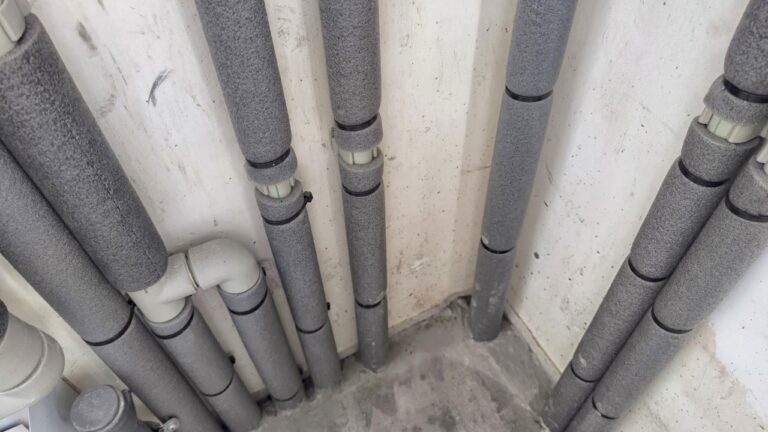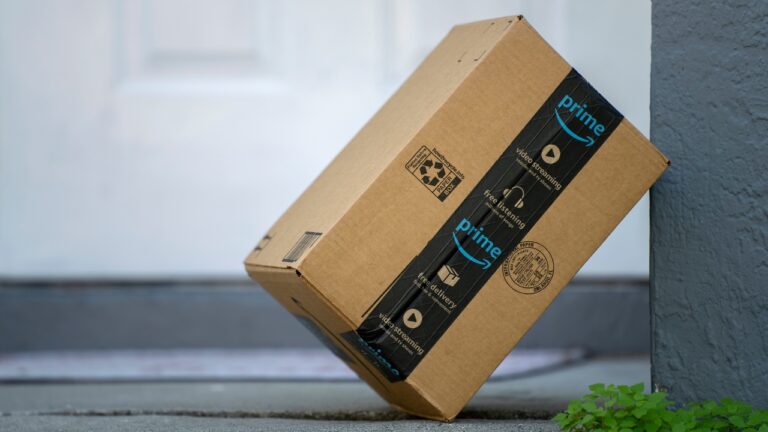12 foods you’re storing in the wrong spot
Where you store your food makes a big difference in how long it lasts. Putting things in the wrong place can make them spoil faster, lose flavor, or even grow mold before you expect it. Not everything belongs in the fridge, and not everything does well on the counter.
Paying attention to proper storage means less wasted food and more money saved. It also helps you avoid the frustration of finding that something went bad before you even got to use it.
Tomatoes

Tomatoes lose flavor and texture in the fridge. Cold temperatures make them mealy and dull.
Keeping them on the counter lets them ripen naturally. Once ripe, they should be eaten within a few days.
Onions

Onions need air circulation and a dry environment. Storing them in the fridge makes them soft and moldy faster.
A basket or mesh bag in a cool, dark spot works best. Keep them away from potatoes, which cause onions to spoil quicker.
Potatoes

Potatoes turn sweet and gritty in the fridge because the cold changes their starches into sugar.
They keep longer in a cool, dark pantry. A paper bag or open basket prevents sprouting and moisture buildup.
Bread

The fridge dries out bread, making it stale quickly.
Storing it at room temperature in a bread box or bag keeps it soft. For longer storage, freeze it and thaw slices as needed.
Garlic

Garlic loses flavor and texture in the fridge. Cold, damp conditions encourage it to sprout.
A cool, dry spot with good airflow keeps garlic fresh for weeks. A small basket on the counter works well.
Coffee

Coffee beans and grounds absorb odors and moisture from the fridge, dulling flavor.
An airtight container in a pantry is the best spot. Grinding beans fresh keeps flavor at its peak.
Honey

Honey crystallizes in the fridge, becoming gritty and hard to use.
It lasts indefinitely at room temperature in a tightly sealed container.
Bananas

Bananas brown faster in the fridge, and the peel turns black.
Avocados

Keeping them on the counter lets them ripen evenly. To slow ripening, separate them instead of leaving them in a bunch.Avocados
Unripe avocados don’t soften properly in the fridge. They need room temperature to ripen fully.
Once ripe, they can be refrigerated for a few days to slow down spoilage.
Apples

While apples last in the fridge, storing them with other produce can speed up ripening because of the ethylene gas they release.
If you keep them refrigerated, store them in a separate drawer or bag to avoid affecting other foods.
Eggs (depending on country)

In the U.S., eggs are washed and need refrigeration to stay safe. In many other countries, unwashed eggs can be stored at room temperature.
If you’re in the U.S., always keep eggs in the fridge, not on the counter.
Nuts

Nuts go rancid quickly at room temperature because of their natural oils.
Storing them in the fridge or freezer extends their shelf life and keeps their flavor intact.
*This article was developed with AI-powered tools and has been carefully reviewed by our editors.







